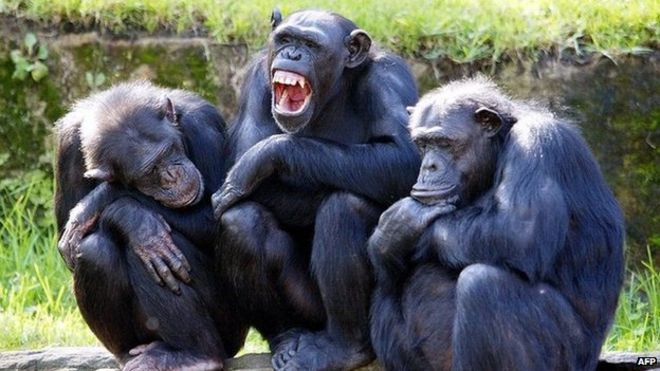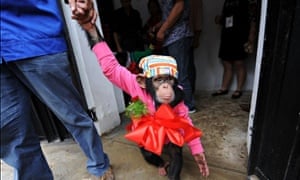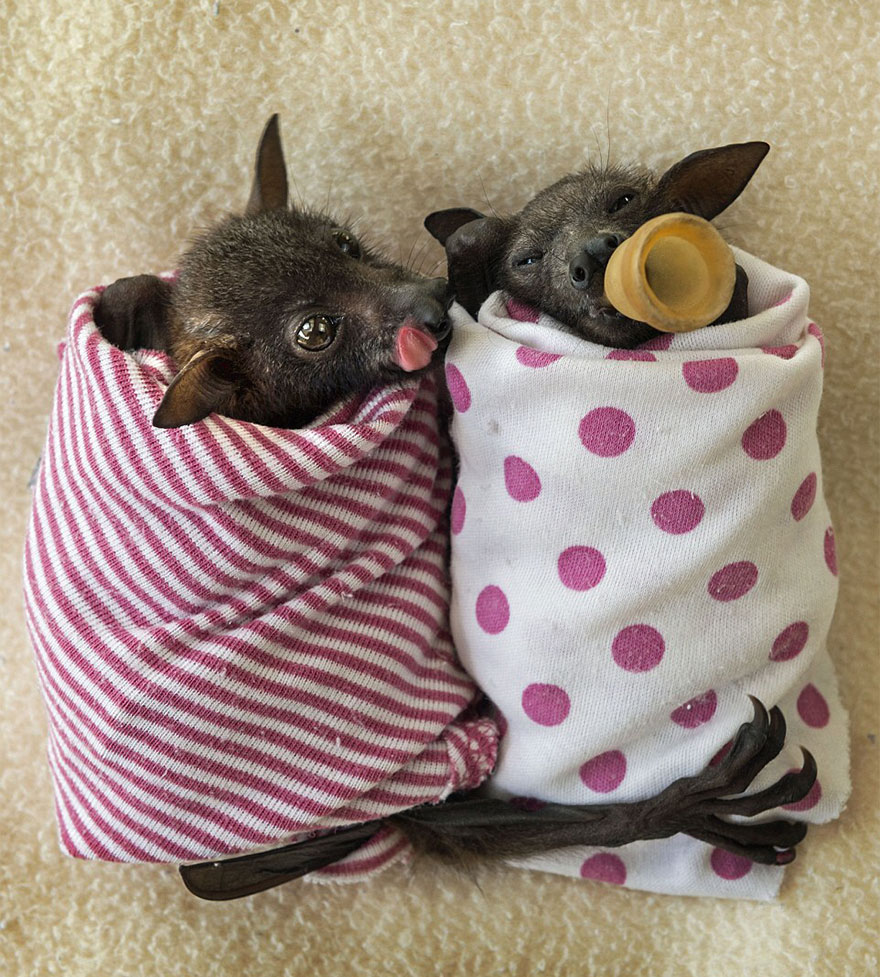Chapter 1
Kelsey McCully waits while the girl
at the Rite Aid pharmacy counter searches the shelves for her mother’s
prescriptions. “M-A-C?” she asks—same as last month.
“M-C,” Kelsey
says.
The pharmacist
glances up. “How’s your mom?”
“Fine.”
“Glad to hear it.”
There are times
Kelsey thinks she was born inside out—every nerve exposed—feeling everything
one day, and nothing the next. She either hates this monthly charade, or has to
fight back tears because some one bothered to ask about her mother. Ronald, the
pharmacist, always asks. Kelsey always lies. Her mother worked here five years
ago, but was fired. No one cares how she’s doing, and today Kelsey hates them
for pretending they do.
Her friend, Carly,
waits outside, guarding her bicycle. Kelsey comes out, and tosses the bag of
prescriptions into her basket.
Carly nods toward
the store employee, whose butt-crack is exposed every time he bends to reset
plants blown over by the last night’s gusty winds.
Kelsey watches him
pick up the lone gardenia, and put it back on the stand. She looks at Carly and
grins. “My mother loves gardenias,” she whispers, wheels her bike to the plant
stand, presses her nose into the single, sweet blossom, and breathes deeply.
Carly pushes her bike into position between
the clerk and Kelsey and holds one hand behind her back, ready to signal when he
isn’t looking.
Kelsey feels
light-headed and her heart thuds. She sniffs the white blossom again, sneaking
a peek at the blue-vested employee. He’s watching a woman in high-heels walk to
her car.
When Carly flaps
her hand, Kelsey snatches the gardenia, jams it into her bike basket, and rides
away. She shoots across the parking lot toward Coast Tire, then out onto the
sidewalk. She flees past the Tradewinds Motel, turns up Hazel
Street, slows, circles back, and peers around the
corner. When she sees Carly ride out of the parking lot, she starts back toward
her, grinning, but Carly looks over her shoulder, then shouts something.
“What?”
“Go. Go!” Carly screams.
Kelsey turns into
the Tradewinds’ parking lot, pedaling as hard as she can toward the Franklin
Street exit. She bounces over a speed bump and
nearly falls as she makes a sharp left onto the sidewalk behind the motel.
Jerry Curtis, the same Fort Bragg
cop who caught her when she sneaked off to a party in her mother’s car a month
ago, stands in the center of the sidewalk with his hands on his hips. She tries
to steer around him, but he catches her around the waist and lifts her off the
bike, which crashes into the only section of the motel’s back wall that isn’t
hidden by thick clumps of pampas grass. The potted gardenia flips out and lands
right side up on the concrete. The bag of prescriptions sails out and lands in
a puddle the drip system has left.
Kelsey
tries to act innocent and confused. “Geez, Jerry, you scared me.”
Carly
comes out of the motel’s rear driveway, sees them, and turns the other way. She
glances back once before crossing Franklin,
and riding, hell-bent, up Chestnut.
“Nice
gardenia.” Jerry picks it up and smells the bloom.
“I
bought it for my mother.”
Jerry’s
a neighbor. He lives one block over from Kelsey’s house—too close as far as she’s
concerned.
“I bet she’ll like
that.” He smiles.
“Yeah.
They’re her favorite.”
“They
don’t do well here. Too cold, I guess.”
Kelsey
can’t tell if he believes her. “Well, I gotta go.” She rights her bicycle.
Jerry
grabs the handlebars. “Sure, Kelsey, I just need to see the receipt.”
Kelsey pretends to
look for it: in her backpack, on the sidewalk, then she shrugs. “It must have
blown out of my basket.”
“Did
the bag blow out too?”
“They
didn’t give . . .” Kelsey turns and follows Jerry’s gaze.
The
Rite Aid clerk is jogging up the sidewalk toward them, his belly bouncing like
a beach ball. “There were two of them,” he pants.
Fat-so.
“I
know them both,” Jerry says. “Take the plant, but leave me your name. You’ll
probably be called to testify.”
“Not
a problem. I’m sick of these kids ripping us off when they’ve got more money to
pay for stuff than I have.”
Jerry
nods. “Tell me about it.”
Kelsey
swallows, determined not to cry. “Jerry, I’m sorry. I won’t do it again. I
promise. Mom’s been sick, and I wanted to bring her something.”
“Sorry,
Kiddo. You were warned. No more free rides. Maybe a few weeks in Juvenile Hall
will change your tune before it’s too late.”
*
Kelsey spends the morning watering
down her mother’s drinks, trying to keep Lydia
sober enough to walk and talk, but drunk enough not to know what’s going on.
Before the time comes to leave for court, Kelsey gets her mother to eat a
little lunch, and baits her into getting dressed by asking Lydia
if she wants to stop at the liquor store after they go to the courthouse to pay
a parking ticket.
“When did I get a
parking ticket?” Her mother stands in front of the bathroom mirror letting
Kelsey comb her hair.
“Two weeks ago.
Don’t you remember?”
“I guess I do. In
front of the post office, right?”
“Uh huh. There.”
Kelsey puts the comb down. “You look nice.” She smiles at Lydia’s
reflection in the mirror. They look eerily alike and unrelated at the same
time. Kelsey’s hair is a mousy, dull brown; her mother’s a graying shade of
dishwasher blond. Kelsey’s eyes are brown, her mother’s are pale blue,
red-rimmed and bloodshot. All they have in common is the same pug nose and the
same gap between their front teeth. Sometimes, like now, with her mother’s hair
combed, they resemble each other, but so superficially that Kelsey feels pretty
sure that her mother’s drinking has nothing to do with having Kelsey as a
reminder of her lost youth.
*
The bailiff calls, “All rise” when Cindy
Mayfield, the Mendocino County Juvenile Judge, enters the courtroom. Kelsey
drags her mother to her feet and keeps her steady with a hand on her shoulder.
After Judge Mayfield takes her seat, Kelsey sits and pulls Lydia
into the seat beside her.
“Well, which is
it?” Her mother’s voice is slurred.
“Young Lady,”
Judge Mayfield says.
“Yes,
ma’am.” Kelsey stands again, but keeps a firm hand on her mother’s shoulder.
“It’s
yes, your Honor.”
“Yes,
your Honor.”
“I’ve
read Officer Curtis’s report and heard the testimony of Mr. Jennings from Rite
Aid, and I have reviewed your record. This is your second arrest for
shoplifting, which means, incidentally, that you aren’t very good at it; you’ve
been picked up three times for truancy, and you have a speeding ticket. That’s
quite a record for someone too young for a learner’s permit.” She puts down the
file, folds her hands, and glares at Kelsey. “Here’s the deal. You’re fifteen. In
spite of the recommendation of Ms. Rontero of the Juvenile Probation
Department, I am loathe to send you to Juvenile Hall at your age, but I see no
other way to get through to you.”
Kelsey
concentrates on picking at the chewed skin around the nub of her thumbnail.
“Look
at me.”
She
sucks on the inside of her cheek and looks up at the judge.
“I
want to hear your excuse.”
“For
which thing?”
“The
one you’re here for now,” Judge Mayfield snaps.
“My
mother’s . . .” Kelsey whispers.
“Speak
up.”
“.
. . been sick. She likes flowers.”
“So
you stole one for her. Would a stolen gardenia have made you feel better, Ms.
McCully?”
Kelsey glances at
her mother.
Lydia McCully’s
head comes up lazily, and she blinks at the judge.
“Say, no, your
Honor,” Kelsey hisses under her breath.
“No, your Honor.” Her
mother smiles dimly.
Kelsey’s shoulders
sag. She tried to keep her mother out of this by erasing the message the police
left and intercepting the notice to appear in court, but three days ago that
woman from the Mendocino County Juvenile Probation Department came by to make
sure her mother knew Kelsey was in trouble again. She’d come late in the
afternoon, but Lydia
managed to appear lucid. After the woman left, Lydia
fixed herself another vodka and water, had a good cry, turned on the
television, and seemed to forget all about it.
Judge Mayfield
studies Lydia.
“How are you feeling now, Ms. McCully?”
Kelsey turns to whisper the answer, but her mother
says, “Not well, your Honor.”
“What’s the
problem?”
“Gout,” her mother
answers.
Kelsey coughs to
cover her astonishment. Where the hell did that come from?
“Uh
huh.” The judge stares at Lydia
for a full minute, then turns her scary gaze on Kelsey. “Here’s the deal,” she
says. “I see in your file that your sixteenth birthday is in six months, so I’m
giving you one more chance—six months probation and 300 hours of community
service. That means every day.” She shakes a finger. “Every single day after school,
and all day on weekends you will work for Dr. Jonathan Hobbes. The bailiff will
give you the address. Is that clear?”
“A
doctor?”
“He
has a PhD in botany. You’ve got yourself six months to grow a gardenia for your
mother.” She writes something in the file, and hands it to the clerk. “Kelsey .
. .”
“Yes, your Honor?”
“If I hear you’ve
missed a day or caused Dr. Hobbes one minute of trouble, you are going to Juvenile Hall. Is that
clear?”
Kelsey nods.
“I never want to
see you here again.”
“You won’t ma’am. I promise.”
“That’s what you
said last time.”
“I mean it this
time.”
“You had better,
young lady. You are headed down a dead-end road.”
*
RECENT SCIENCE
“A Colorado State University scientist
has re-engineered plants so that they can detect explosives, air pollution and
toxic chemicals. Plants fixed with custom-made proteins in biologist June
Medford’s lab signal the presence of potentially deadly vapors by turning white
from green. Military and federal Homeland Security research directors Wednesday
said they envision wide applications for the genetically modified plants
positioned in buildings, war zones and cities where terrorists could set up
covert bomb-making factories.
…from The Miami
Herald, February 2011
*
"They tell us that plants are perishable,
soulless creatures, that only man is immortal but this, I think is something
that we know very nearly nothing about."
…John Muir
*
“It’s never too late to become
who you might have been.”
Unknown



 Animal Minds
Animal Minds 



 Some of you may recall that I had a bat in my bathroom for seven summers. Last year, Johnnie failed to reappear. I'm optimistic that he just reached an age when looking for female companionship was far more interesting than buzzing me on his way to the bathroom.
Some of you may recall that I had a bat in my bathroom for seven summers. Last year, Johnnie failed to reappear. I'm optimistic that he just reached an age when looking for female companionship was far more interesting than buzzing me on his way to the bathroom. 
